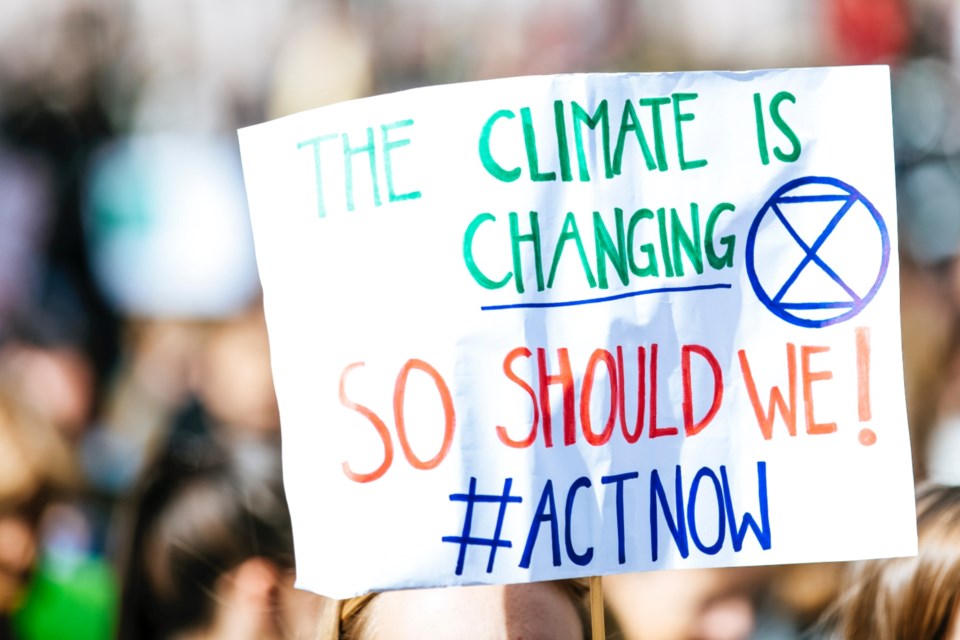OrilliaMatters welcomes letters to the editor at [email protected] or via the website. Please include your full name, daytime phone number and address (for verification of authorship, not publication).
The urgency of the climate crisis demands that we provide teachers with the tools to educate and empower the next generation — starting now.
As the current Ontario student curriculum stands, youth are not learning about climate change, such as its economic dimensions, political roles, and social activism. They are missing critical topics like climate justice, corporate responsibility and sustainable solutions, which are critical tools they need to understand and respond to their generation's climate problem.
Unfortunately, the current curriculum fails to include many important aspects of climate education. The curriculum solely focuses on scientific concepts as it relates to the general science course in grades 7 through 10, such as biodiversity and space science, therefore neglecting hundreds of topics and years of critical learning time.
The Ontario student curriculum that covers climate change was last revised in 2022, a time when I was still a high school student, and before that in 2007. The combination of infrequent updates and lack of content is leaving students uneducated on the topic.
The most recent changes, particularly in science and geography, aim to introduce students to the fundamentals of climate change. One problem: they don’t go far enough. Students are not learning about corporate environmental responsibility, climate justice, and societal norms that perpetuate destructive behaviours.
While projects like Dr. Ellen Field’s Lakehead Education Project are working to eliminate the problem, change needs to happen on a larger scale to make a more significant difference.
Organizations like the Elementary Teachers' Federation of Ontario (ETFO) provide classroom resources for climate education without advocating for teachers to be provided with more in-depth education on the topics, leaving students under-prepared for understanding and working on climate change in the future.
As a graduate of Orillia’s public schools, I can attest that both teachers and students alike do not consider or learn about many important aspects of climate change. Going to university I was shocked to learn about political climate schemes, global inequality, and most importantly, how to make change.
While expanding the curriculum may require additional resources and training for teachers, the long-term benefits, such as active citizenship, equity, and climate justice, completely justify the investment. To be sure, the current curriculum is beginning the conversation about climate change, but if we can equip the next generation with the information and tools they need to make a difference, is it not our responsibility to implement this change?
Concerned readers, parents, community members, and students, I urge you to acknowledge the importance of climate education and advocate for our youth.
Every year the Ontario Ministry of Education revises various aspects of elementary and secondary school education. As their current agenda stands, they have no plans of revising or expanding their climate curriculum next year. To change this, send a message expressing why you think it is important to revise using the link here: https://www.ontario.ca/feedback/contact-us?id=98698&nid=97165 or write directly to The Ministry of Education at 315 Front Street West, Toronto, Ontario, M7A 0B8.
With your help, we can educate our teachers so they are equipped with the tools to educate our youth.
Cedar Wink
Orillia



